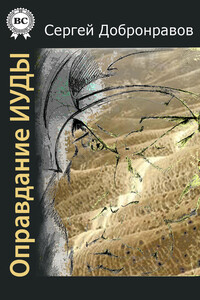Once there was a war | страница 34
But today, July 4, 1943, they wander about in a daze of homesickness, seeing nothing, hearing nothing but the faces and voices of their own people.
THE PEOPLE OF DOVER
DOVER, July 6, 1943—Dover, with its castle on the hill and its little crooked streets, its big, ugly hotels and its secret and dangerous offensive power, is closest of all to the enemy. Dover is full of the memory of Wellington and of Napoleon, of the time when Napoleon came down to Calais and looked across the Channel at England and knew that only this little stretch of water interrupted his conquest of the world. And later the men of Dunkerque dragged their weary feet off the little ships and struggled through the streets of Dover.
Then Hitler came to the hill above Calais and looked across at the cliffs, and again only the little stretch of water stopped the conquest of the world. It is a very little piece of water. On the clear days you can see the hills about Calais, and with a glass you can see the clock tower of Calais. When the guns of Calais fire you can see the flash, while with the telescope you can see from the castle the guns themselves, and even tanks deploying on the beach.
Dover feels very close to the enemy. Three minutes in a fast airplane, three-quarters of an hour in a fast boat. Every day or so a plane comes whipping through and drops a bomb and takes a shot or so at the balloons that hang in the air above the town, and every few days Jerry trains his big guns on Dover and fires a few rounds of high explosive at the little old town. Then a building is hit and collapses and sometimes a few people are killed. It is a wanton, useless thing, serving no military, naval, or morale business. It is almost as though the Germans fretted about the little stretch of water that defeated them.
There is a quality in the people of Dover that may well be the key to the coming German disaster. They are incorrigibly, incorruptibly unimpressed. The German, with his uniform and his pageantry and his threats and plans, does not impress these people at all. The Dover man has taken perhaps a little more pounding than most, not in great blitzes, but in every-day bombing and shelling, and still he is not impressed.
Jerry is like the weather to him. He complains about it and then promptly goes about what he was doing. Nothing in the world is as important as his garden and, in other days, his lobster pots. Weather and Jerry are alike in that they are inconvenient and sometimes make messes. Surveying a building wrecked by a big shell, he says, “Jerry was bad last night,” as he would discuss a windstorm.






